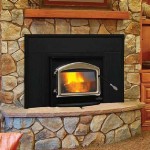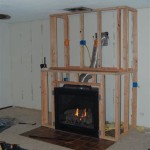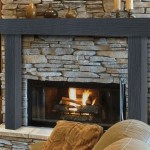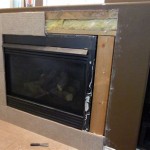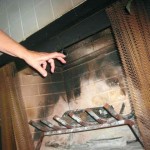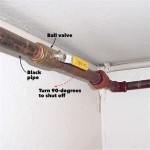Essential Aspects of Gas Starter Pipe For Wood Burning Fireplace
A gas starter pipe plays a crucial role in enhancing the convenience and efficiency of wood-burning fireplaces. By providing a source of ignition, it allows for quick and easy fire starts, eliminating the need for messy kindling or potentially hazardous lighter fluids. Understanding the essential aspects of gas starter pipes is paramount for safe and effective operation.
Material and Construction
Gas starter pipes are typically constructed from durable materials such as stainless steel or brass. These materials withstand high temperatures and resist corrosion, ensuring longevity and reliability. The pipe's diameter and length are critical factors, as they determine the volume of gas flow and the reach into the firebox. Proper sizing is essential to optimize ignition performance.
Ignition System
The ignition system is a key component of the gas starter pipe. Electronic ignition systems offer convenience and reliability, using a spark to ignite the gas. Piezoelectric ignition, which generates a spark when a button is pressed, is a common choice for its simplicity and low maintenance. Manual ignition systems, using a lighter or match, are less convenient but provide backup options in case of power outages.
Gas Type
Gas starter pipes are designed to use specific types of gas, typically either natural gas or propane. It is crucial to match the pipe to the type of gas available in your home. Incorrect gas usage can lead to unsafe and inefficient operation. Natural gas is typically piped into homes, while propane is stored in tanks and requires a regulator for connection.
Installation
Proper installation of the gas starter pipe is essential for safe operation. It should be connected to a dedicated gas line with a shut-off valve for emergency isolation. The pipe must be securely attached to the fireplace's firebox, ensuring a leak-free connection. Any gaps or leaks can compromise safety.
Maintenance
Regular maintenance is essential to ensure the longevity and effectiveness of your gas starter pipe. Periodically cleaning the burner and ignition system of debris or soot is crucial. Inspecting the pipe and its connections for any leaks or damage is also important. If any issues are identified, they should be addressed promptly by a qualified professional.

How To Install A Log Lighter Fireplace Gas Starter Pipe

Gas Fireplace Starters Log Lighter Universal
.png?strip=all)
How To Install A Log Lighter Fireplace Gas Starter Pipe
Is A Gas Log Lighter Dangerous

Want To Convert Gas Wood Fireplace Full Service Chimney

How To Install A Log Lighter Fireplace Gas Starter Pipe

Gas Starters In Fireplaces And Safety Hunker

Gas Fireplace Starters In Chicago Capital Chimney Corp

How To Install A Log Lighter Fireplace Gas Starter Pipe

Gas Fireplace Starters In Chicago Capital Chimney Corp
Related Posts

